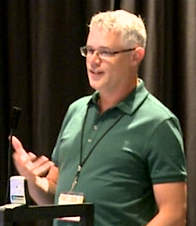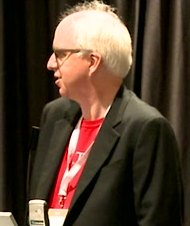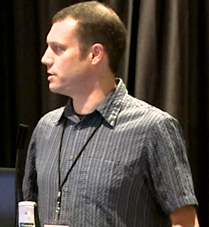CppCon 2014 Lightning Talks--Anatomy of a Smart Pointer--Michael VanLoon
 Have you registered for CppCon 2015 in September? Don’t delay – Registration is open now.
Have you registered for CppCon 2015 in September? Don’t delay – Registration is open now.
While we wait for this year’s event, we’re featuring videos of some of the 100+ talks from CppCon 2014 for you to enjoy. Here is today’s feature:
Anatomy of a Smart Pointer
by Michael VanLoon

 Have you registered for CppCon 2015 in September? Don’t delay –
Have you registered for CppCon 2015 in September? Don’t delay –  CppCon 2015 is the largest community gathering for the breadth and depth of modern C++. If you haven't registered yet,
CppCon 2015 is the largest community gathering for the breadth and depth of modern C++. If you haven't registered yet,  Have you registered for CppCon 2015 in September? Don’t delay –
Have you registered for CppCon 2015 in September? Don’t delay –